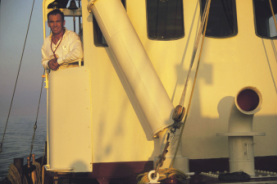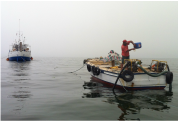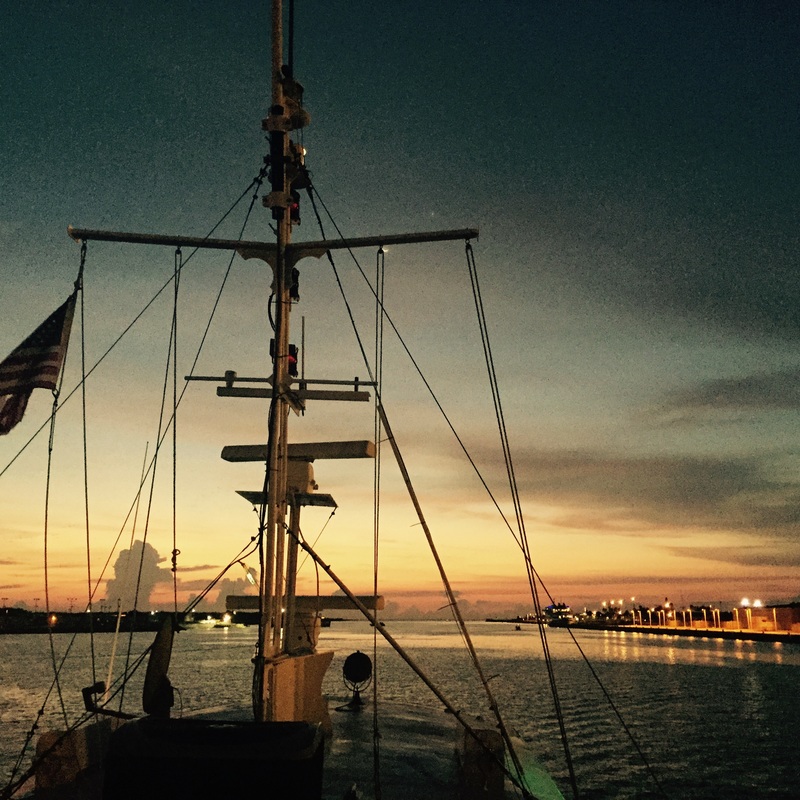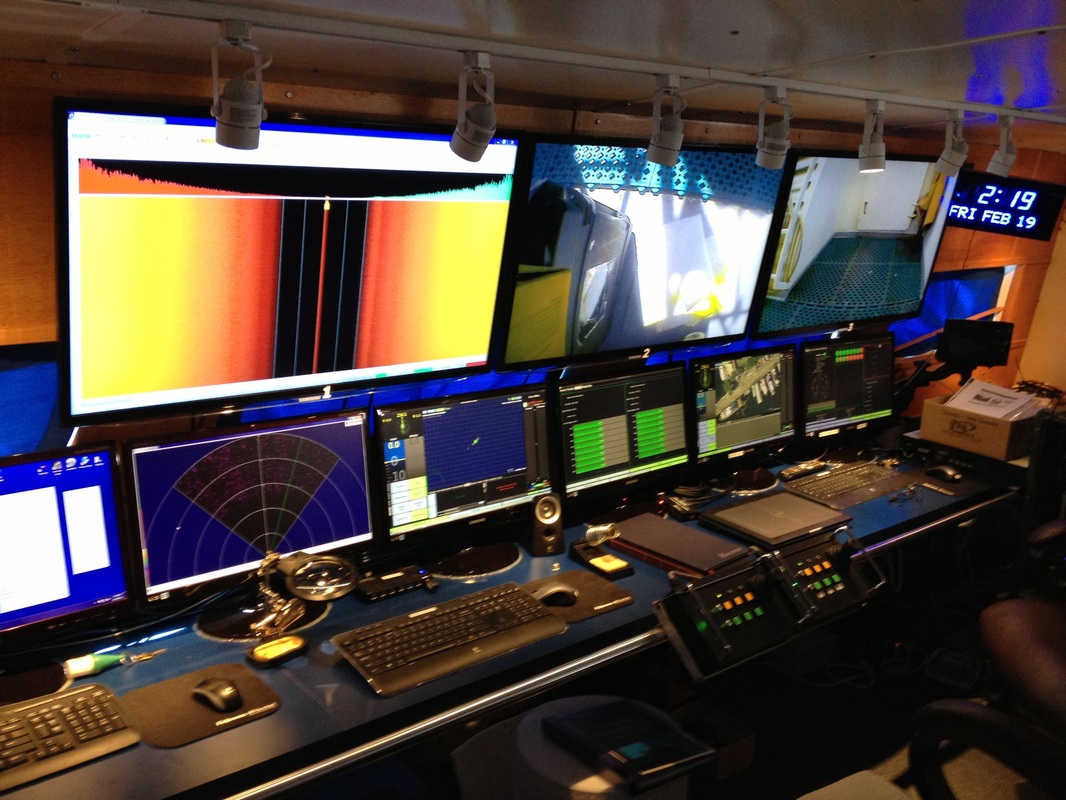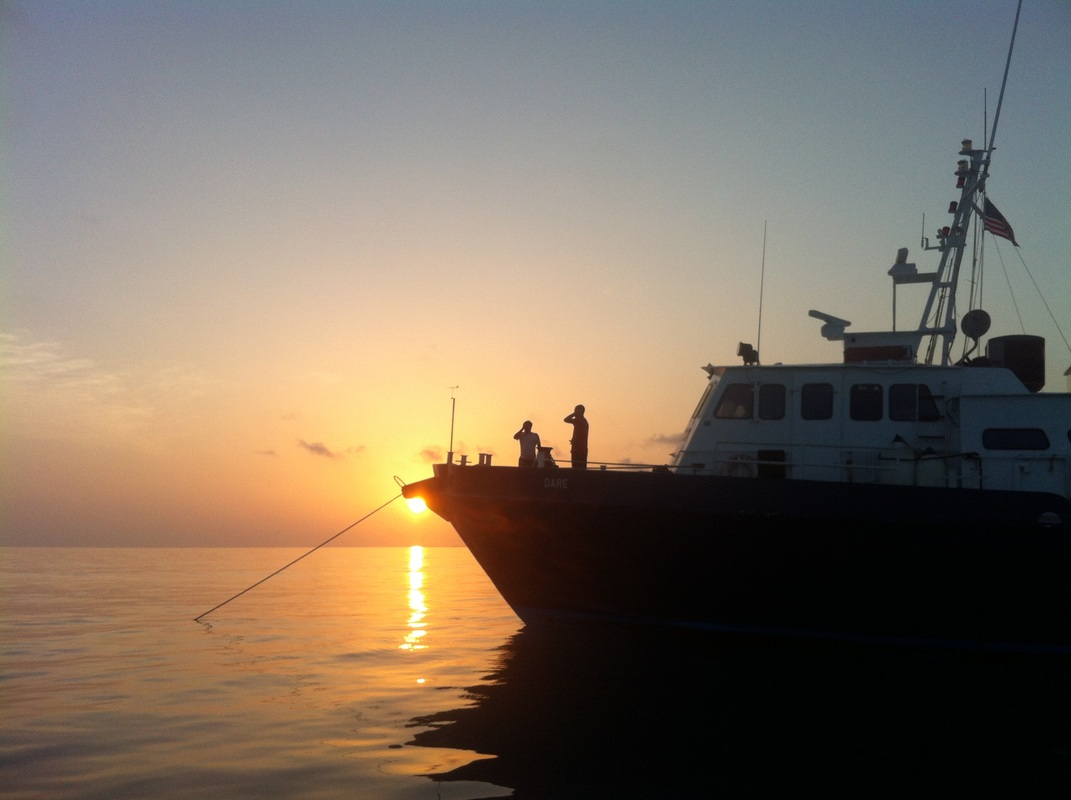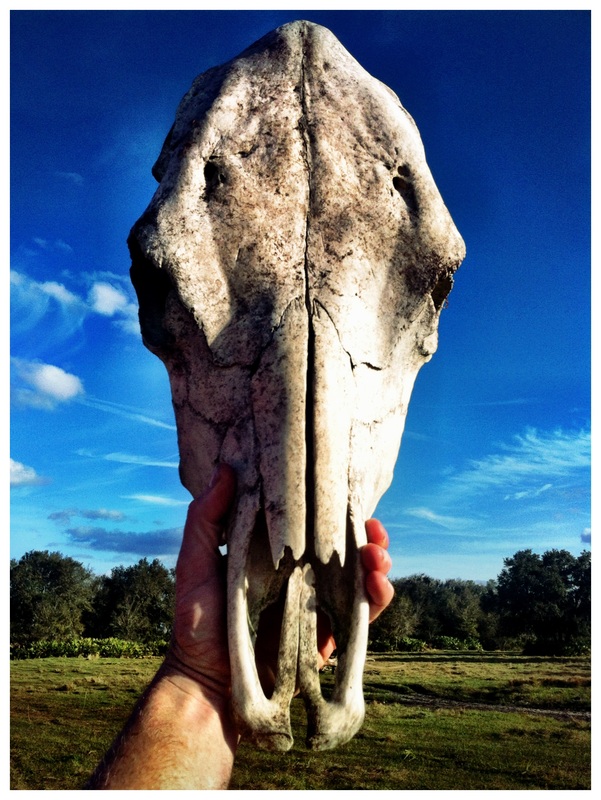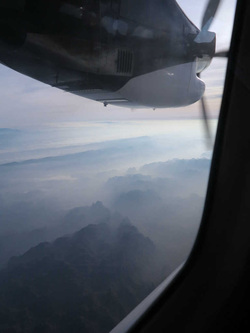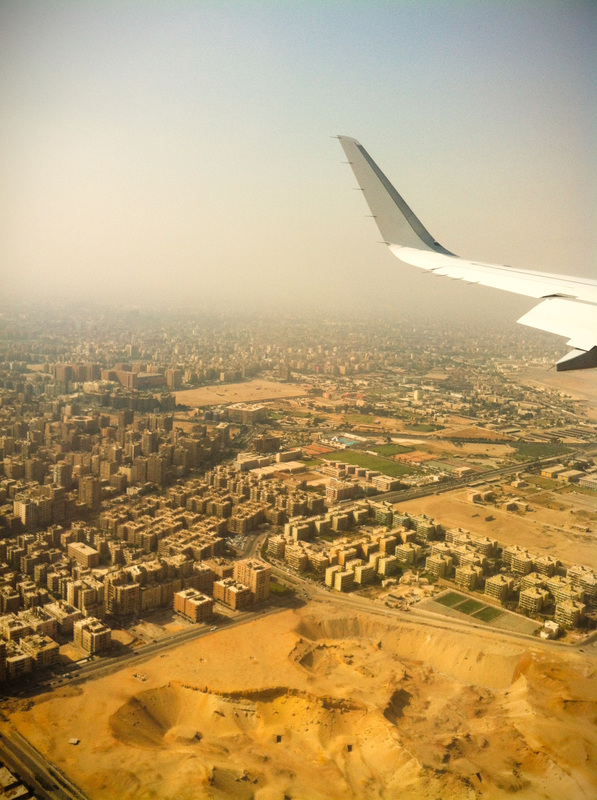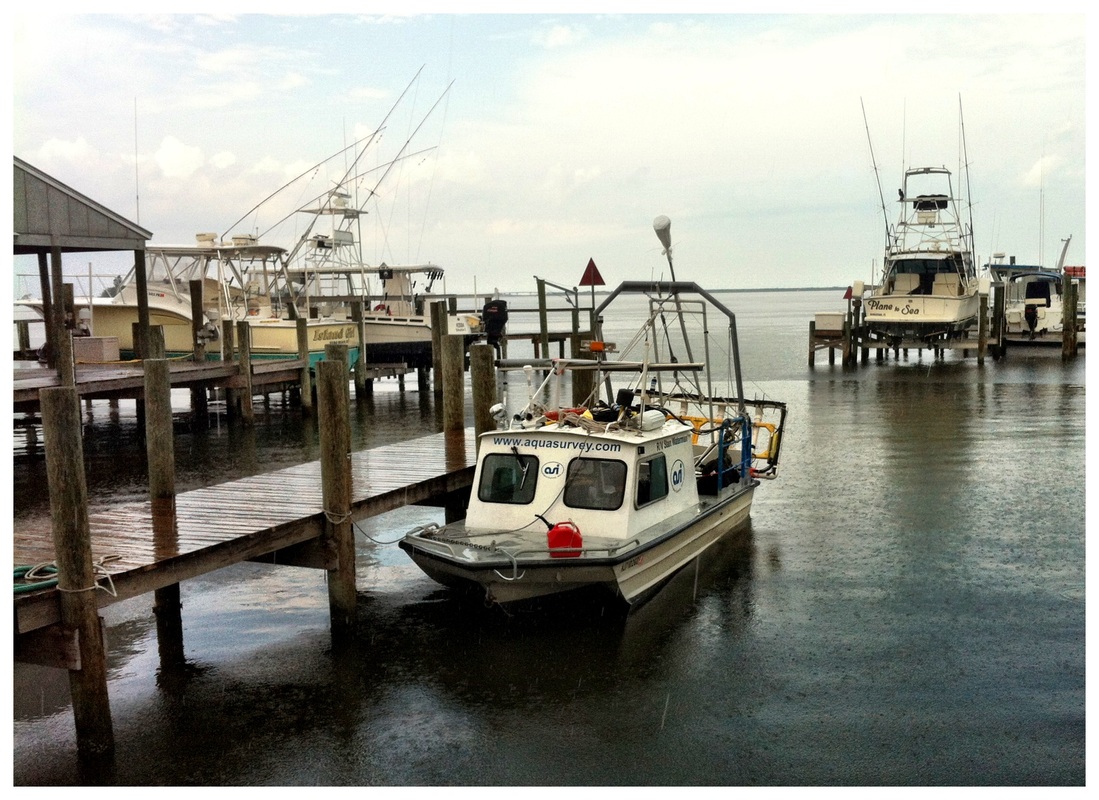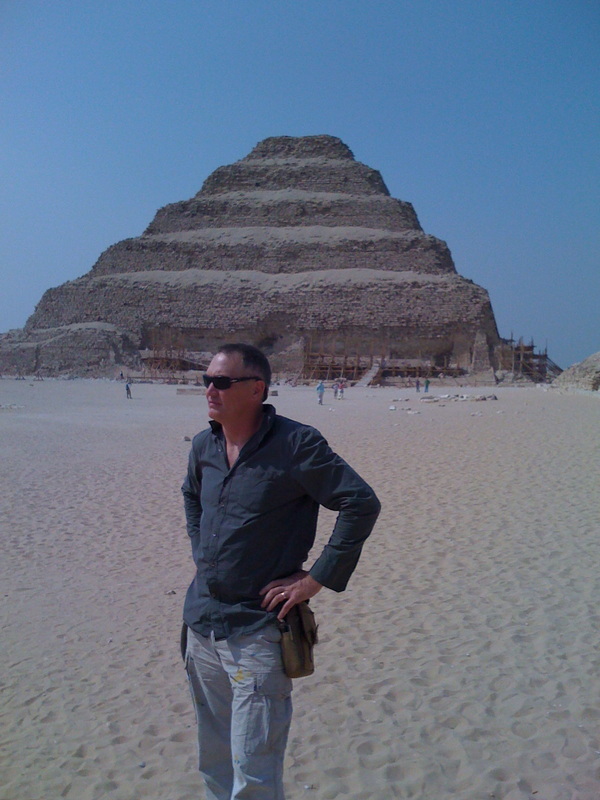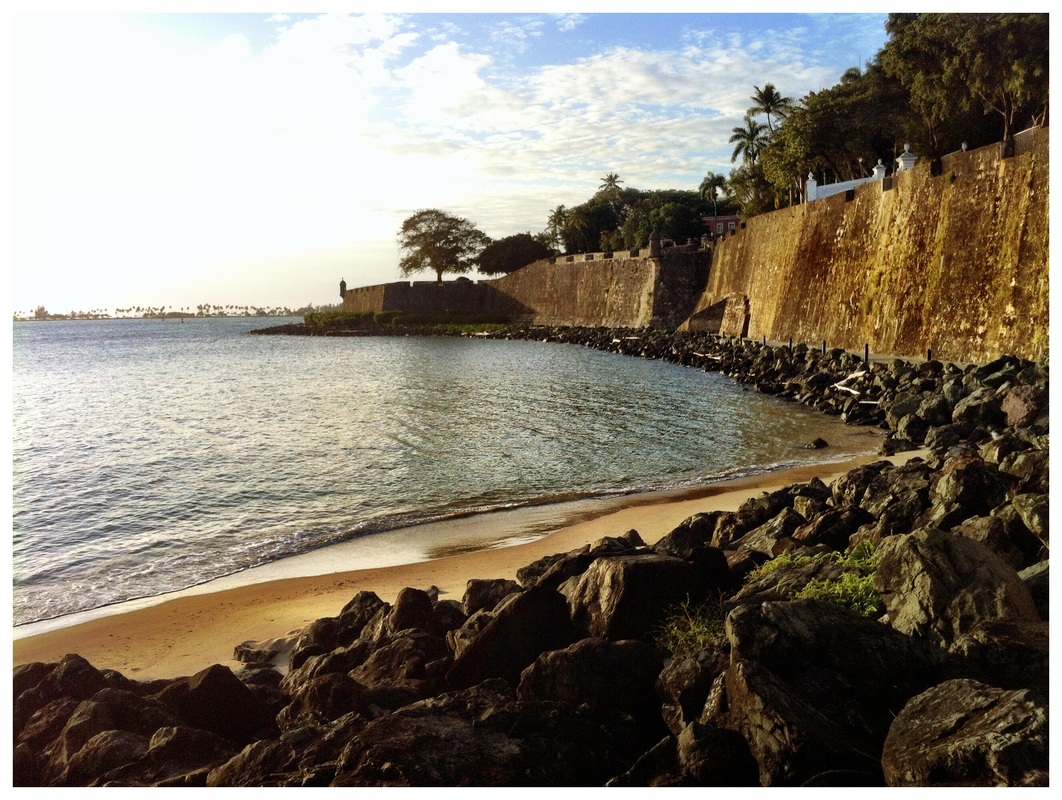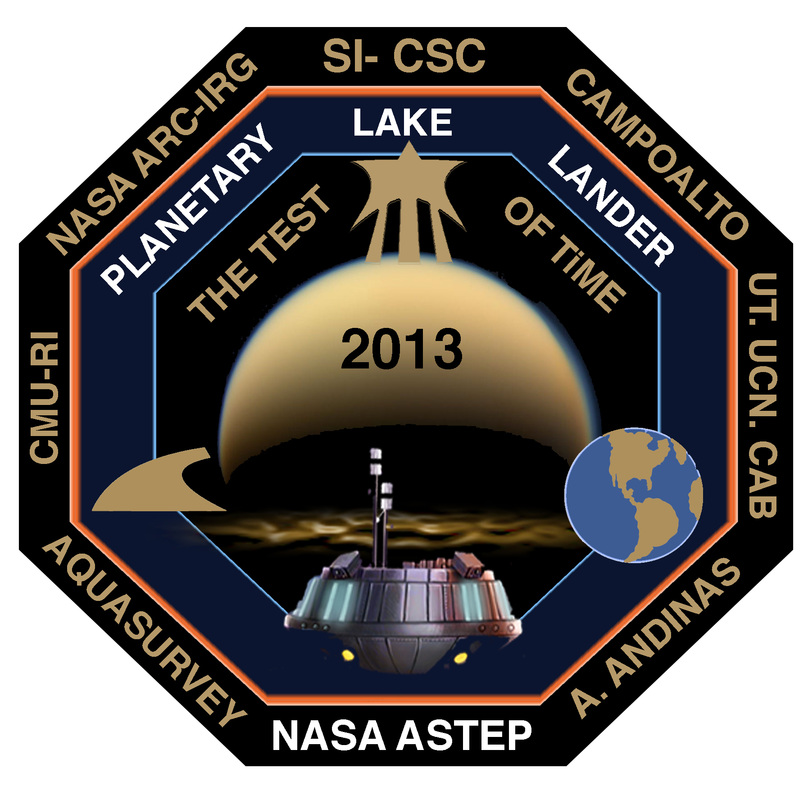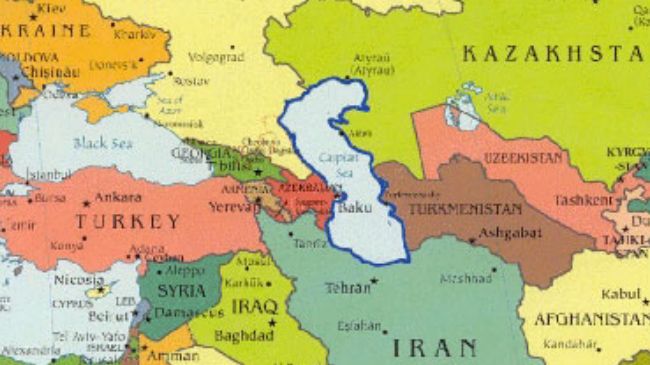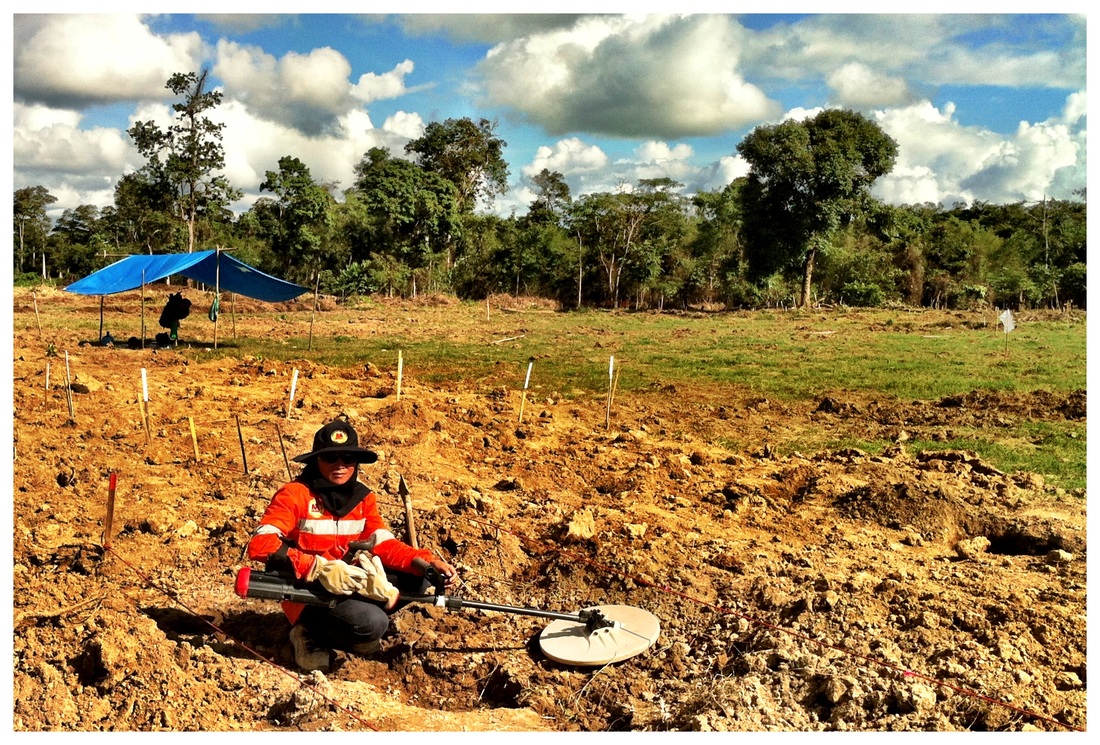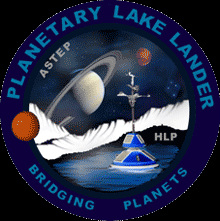I'll be answering them via Skype, from the balcony of our Flat in Alexandria, Egypt, and I'm really looking forward to it, in part because I just climbed out of the water a little while ago, after having made some really exciting new discoveries.
I have posted here some of the questions I received in advance, and they are really good. Hopefully I'll get a chance to write down my answers to some of thes, and post with pictures. I cant wait for the tough ones, too
understanding of that civilization and/or anything that changed the
way we looked at ancient civilizations themselves? If so, what were
they and and what knowledge did they give?"
Are other discoveries from different time periods important to current discoveries?
If there seem to be unanswerable questions or problems that an archaeologist encounters how does he/she record/report their findings?
How do biotic and abiotic factors influence the things found (amount, 1. 2. 3. condition, etc.)?
What knowledge can be obtained by scoping the site?
What can you do with this information?
Why are these artifacts underwater?
where does the dirt that the vacum sucks up go? Does that underwater vacuum thing hurt the fish?
how did the cities get underwater?
what was you favorite thing you have found so far at the sites?
What's the biggest statue you have ever found?
How do connect and speak with all the different nationalities and languages people speak that you work with?
How many people are working on the site? How long is a workday? [What is a workday like?]
How did all of this excavating come about
What do people use to write/draw underwater?
How do you make money from your finds?
Do you stay in contact with other archaeologists?
What was the hardest part of excavating underwater?
How did the archaeologists realize where the old city was in relation to the new city?
What do the archaeologists do if they find a statue that’s too big?
How do the archaeologists organize their search methods?
How do you create ways to find certain things or ways to make mapping the ocean floor easier?
What is the most discouraging part of your job?
And how great does it feel to find something that may have meant something?
Out of everything you found on the ocean floor, what was your favorite finding?
Did you always like the ocean when you were little?
What is the most valuable treasure you found in your discovering career ?
Can you describe what is that about?
In what way, you protect the treasure you found from being destroyed?
What time period are the artifacts from?
How to preserve those artifacts taken from the bottom of the sea?
Won't it be broken when they slung it from the sea?
How did they know the position of those artifacts?
Where did they get those equipments from?
How do you get the giant pieces of ancient artifacts out of the
water onto the boat?
Is it really exciting when you find new things that were in the
ocean or are there too many things in the ocean?
how heavy is the scuba gear you wear.
How did you feel about being part of uncovering such an important
and ancient part of human history?
DWhat have you learned so far in your expedition?
Do you plan to study and find Egyptian artifacts or do you plan to
study other things?
What made you want to study Egypt?
How hard is it to see the artifacts under the water?
Were the artifacts you found in one area all from one city or were
they all scattered?
How can they write words under the water?
Why do they know there are some treasures under the sea?
[What the treasures use to after they got it?] Where do the treasures go after they are taken out of the sea?
what got you so interested in looking for these artifacts?
when did you start your study?
What do you think is the most challenging thing?
Is there some kind of thing changing its quality after taking out from the sea?What will you do then?
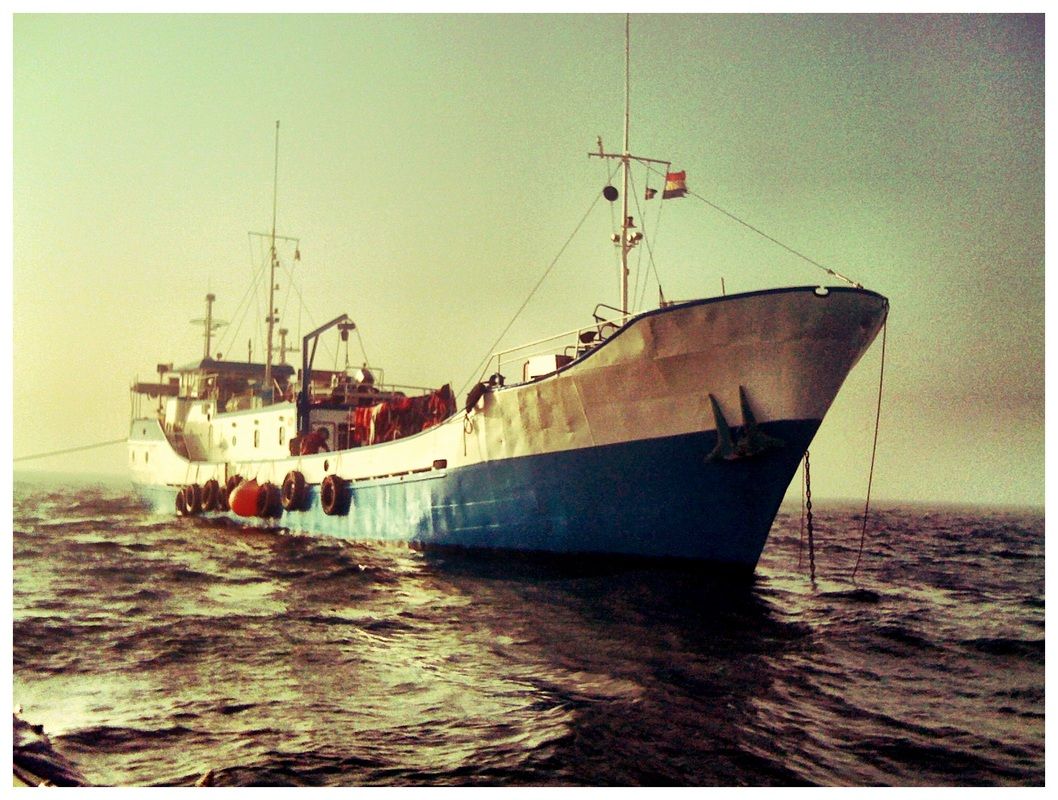
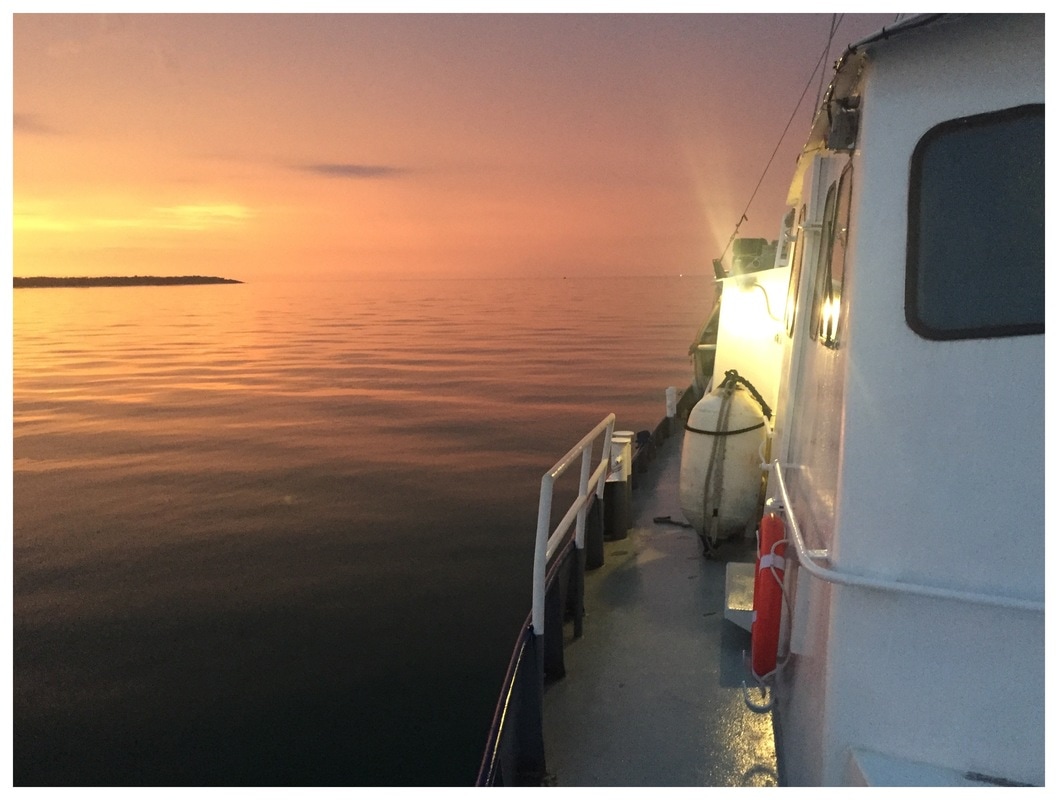
 RSS Feed
RSS Feed
